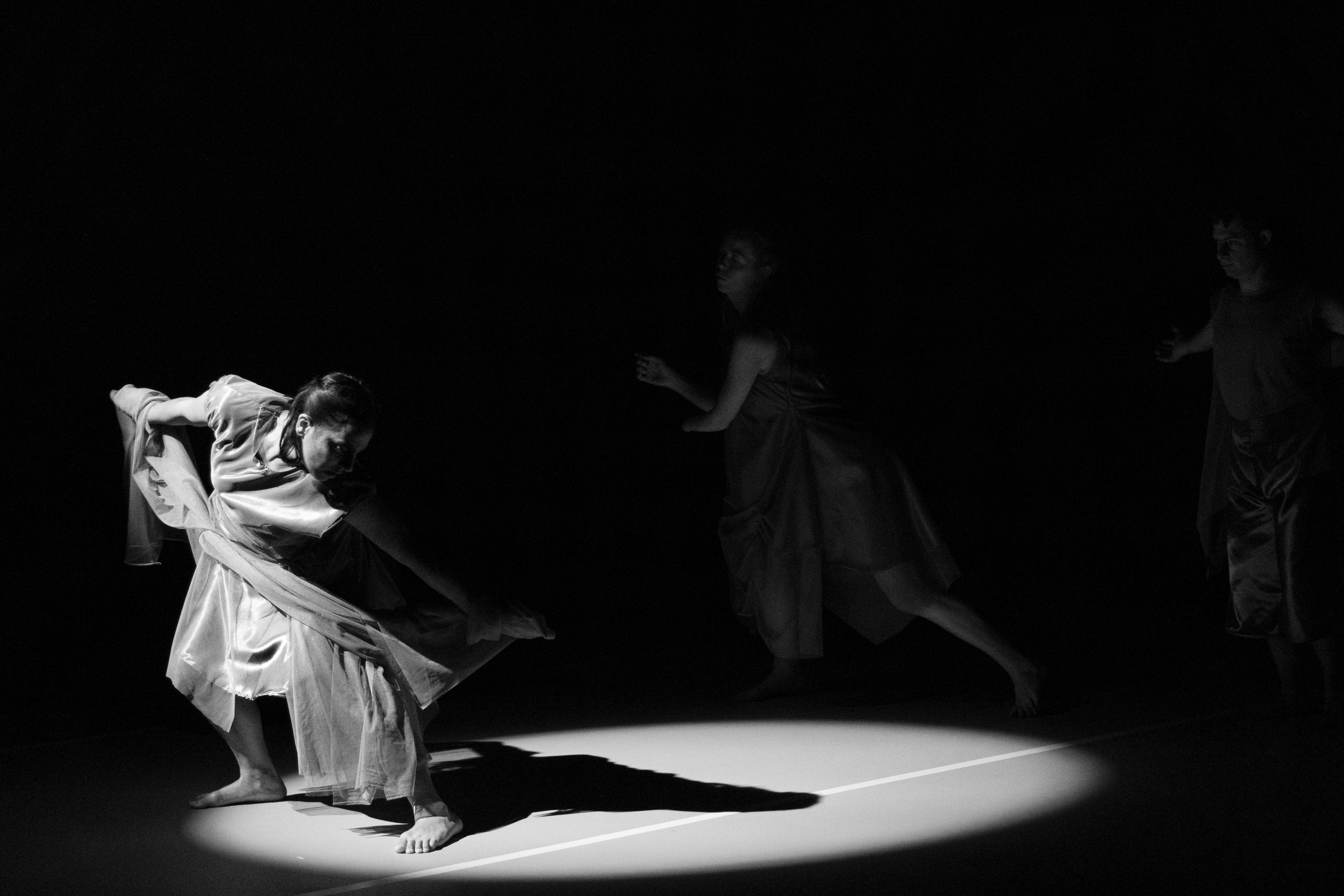I’m not sure I entirely agree with him on this one. However eerie the silence feels, I don’t miss the congested streets at rush hour, the honking, the traffic fumes.
At the supermarket, half of the shelves are bare. Olivier is not humming today. Olivier is one of the guys who work here. I’ve been shopping here for ten years and know most of the employees. I’m so thankful that the shop’s still open, that they’re all here. Something has changed, however. Their customary bonhomie has been replaced by weary, taut faces. Half are wearing masks. All look drained. They talk about people snapping at them or being downright aggressive. “I never thought there were so many jerks around,” says one, shaking his head.
I almost feel ashamed. I am one of the privileged. I can work from home, I don’t need to take public transport every day, I don’t have to deal with jerks day in day out. “I’m sorry,” I mumble, not knowing what else to say.
Walking back home, I decided to take a detour. My hour’s nearly up (we’re only allowed to go out one hour per day). I risk getting a fine if I happen upon a police officer who asks for my attestation. I’ll take the risk. I need some poetry. I find it on the corner of Rue Sisley / Rue du Premier-Film. Every few days the lady who lives here puts up poems on her windows.
Fast forward two weeks, same spot: I run across a doctor friend, notice how pale her face is. She tells me about the choices she’s had to make in the past days – too many patients, not enough ventilators. (I can’t help thinking about my friends in India – how will they cope when the pandemic reaches its peak?) My friend’s voice is calm, close to mechanical; her look distant. I realize the crying will have to wait, the physical and mental fatigue deferred. She has no time to dwell on too many thoughts. “At the hospital,” she says, “We all look forward to the 8 p.m. clapping. It feels like an embrace.”
My students’ faces on the laptop screen help brighten the day. Remote teaching hasn’t been all plain sailing, but it feels good to hear their voices (albeit somewhat altered), their laughter.
Later, my younger daughter shows me how to blow “the perfect soap bubble”. I smile at her precise instructions. I wonder what else she’ll have to teach me all over again when age will have lodged itself inside my bones and taken over my brain. I hope I’ll never become too heavy a burden for her or her sister.
We spend three evenings making face masks. My younger daughter gets to use the sewing machine for the very first time. Will this be one of the things she’ll tell her kids later on? What else will they say about 2020 when they’re grown-ups?
Every Wednesday evening, I get a text message – a street name, a time slot. This is how we’ve been procuring fruit and vegetables ever since open-air markets were closed. I don’t know whether it’s legal or not and frankly, I don’t care. Every time, the farmer gives us free extras to share with neighbours, relieved that his produce won’t go to waste.
I continue to do the shopping for two elderly neighbours, hoping that someone will do the same for my parents if worse comes to worst. After nearly 23 years away from my homeland, I’m only starting to understand what exile must feel like. I think about the millions of people displaced and count my blessings.
Poppies, roses and wisteria grow all over the place. The swallows are back.
I refuse to wear black, remind myself to look out the window every day.
Words by Nadia Mifsud.

